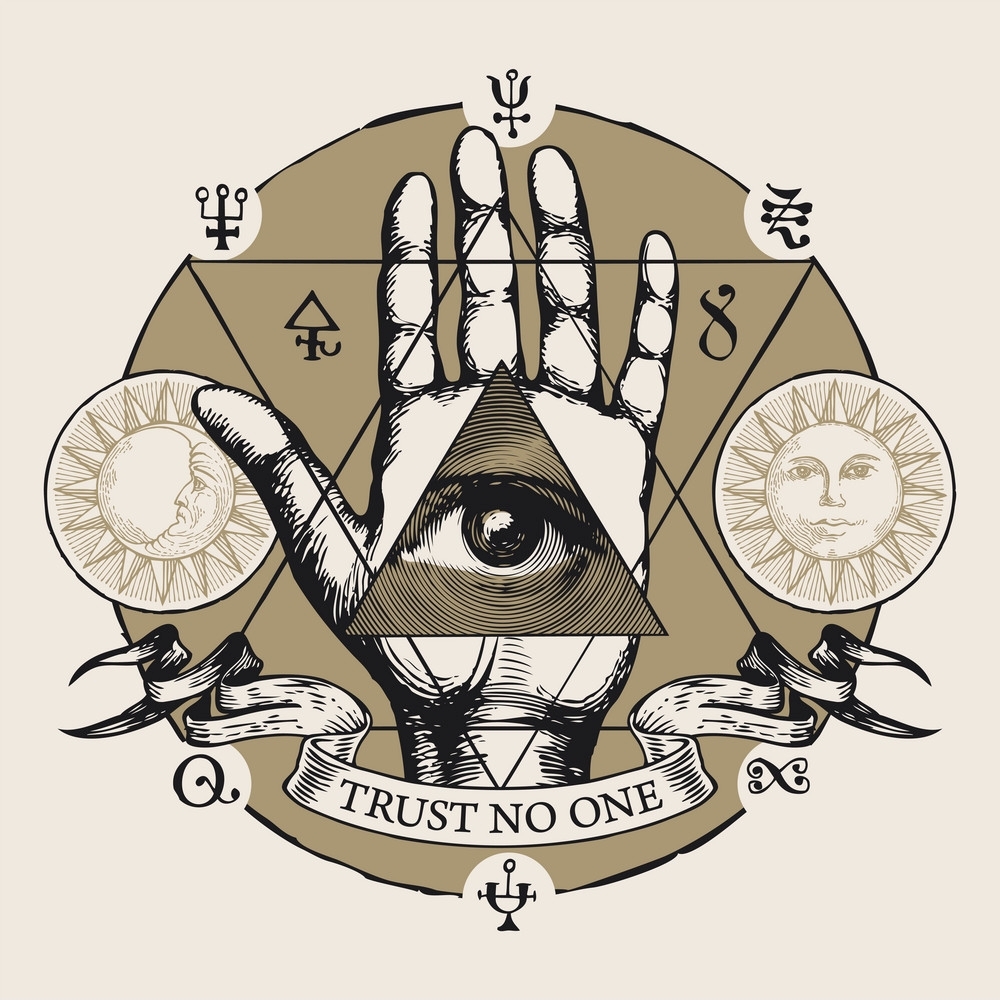“The Big Conversation,” a popular video series in which leading scholars discuss issues surrounding faith, recently featured a talk between the former Archbishop of Canterbury, Rowan Williams, and British writer Paul Kingsnorth, about their shared attraction to Orthodox Christianity and the cultural significance of religious conversion.
Titled “Conversion, Culture and the Cross,” the discussion explored several disciplines including theology, philosophy, paganism, atheism and environmentalism. Its driving question: “Are we ready to believe in God again?”
The series called “Unbelievable?” is broadcast on UK-based Premier Christian Radio, in partnership with the John Templeton Foundation.
Kingsnorth, a former deputy editor at The Ecologist, an environmental news and analysis website, kicked off the discussion by recalling that he grew up in an irreligious household and mocked religion in his youth. But at the same time, he added, he enjoyed fantasy literature, believed in ghosts and was “never one of those people who thought the world was disenchanted.”
Over the years, his “fumbling spiritual quest,” said Kingsnorth, led him to Wicca, a form of modern paganism. But he felt this was generating a kind of spiritual undertow.
“I was having very strange experiences,” Kingsnorth said. “I was having dreams, meeting Christians every five minutes, getting emails from Christians. I used to run a writing school, and suddenly had vicars writing me asking to read their sermons and give them feedback. … I felt like I was being hunted by Jesus. … I had to give into it and see where it took me.”
By then, his spiritual pursuits had led Kingsnorth to environmental activism and an exploration of Buddhism that lasted several years.
“Buddhism teaches you a lot about the self, but I realized uncomfortably … that I wanted to worship—I was looking for God … and you don’t get that in Buddhism,” Kingsnorth said.
After spending a long time visiting various churches, reading about them and praying incessantly for divine guidance about which church was right for him, Kingsnorth’s search led him to the first Eastern Orthodox monastery to open where he lives—in Ireland.
Run by Romanian priests, and with services held in Romanian, English and Irish, worshiping at the monastery proved to be a life-changing experience for Kingsnorth. “I was really quite swept up by the liturgy [even though] I didn’t understand most of the language.”
“The integration of all the senses is so strong in the Orthodox tradition,” he explained. “It’s not a matter of your intellectual engagement—or not just that. It’s everything—everything happens at once.”
The Eastern Orthodox Church relationship with nature was also a factor. “In Orthodoxy, there’s a real emphasis on the manifestation of God in the natural world,” Kingsnorth pointed out. “I found there was no contradiction between experiencing God in nature, which I thought I had been doing for years, and the teachings of the church, which was a revelation to me.”
Williams, who grew up Anglican and went on to become the Archbishop of Canterbury, encountered Orthodox Christianity in his youth. Because he was already a Christian, his proclivity for orthodoxy didn’t really amount to a conversion, he said.
But in his youth, he was struck by the sheer vitality of the Orthodox church environment, whose clergy impressed upon him the importance of philosophy in religious life.
Asked by the discussion’s moderator what drew him to the Orthodox church, Williams, who has never formally been a part of the Eastern Orthodox Church, replied: “As much as anything, it was the sense of the complete integration of thinking and worshipping. …Worship was a way of thinking, thinking was a way of worship…That deep interaction has been, I think, the thing I have been most grateful for to the Orthodox tradition.
_______________
From its beginnings, the Church of Scientology has recognized that freedom of religion is a fundamental human right. In a world where conflicts are often traceable to intolerance of others’ religious beliefs and practices, the Church has, for more than 50 years, made the preservation of religious liberty an overriding concern.
The Church publishes this blog to help create a better understanding of the freedom of religion and belief and provide news on religious freedom and issues affecting this freedom around the world.
The Founder of the Scientology religion is L. Ron Hubbard and Mr. David Miscavige is the religion’s ecclesiastical leader.
For more information visit the Scientology website or Scientology Network.
DOWNLOAD THE WHITEPAPER

